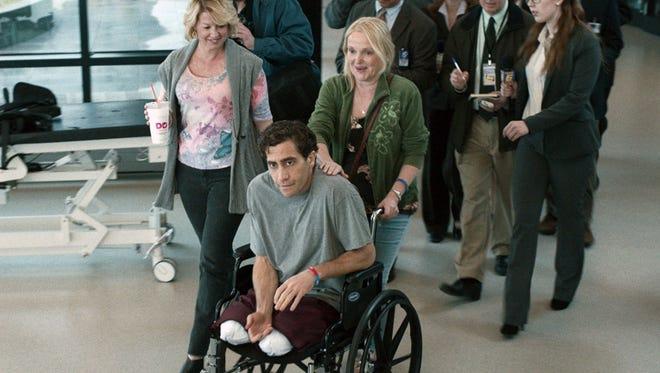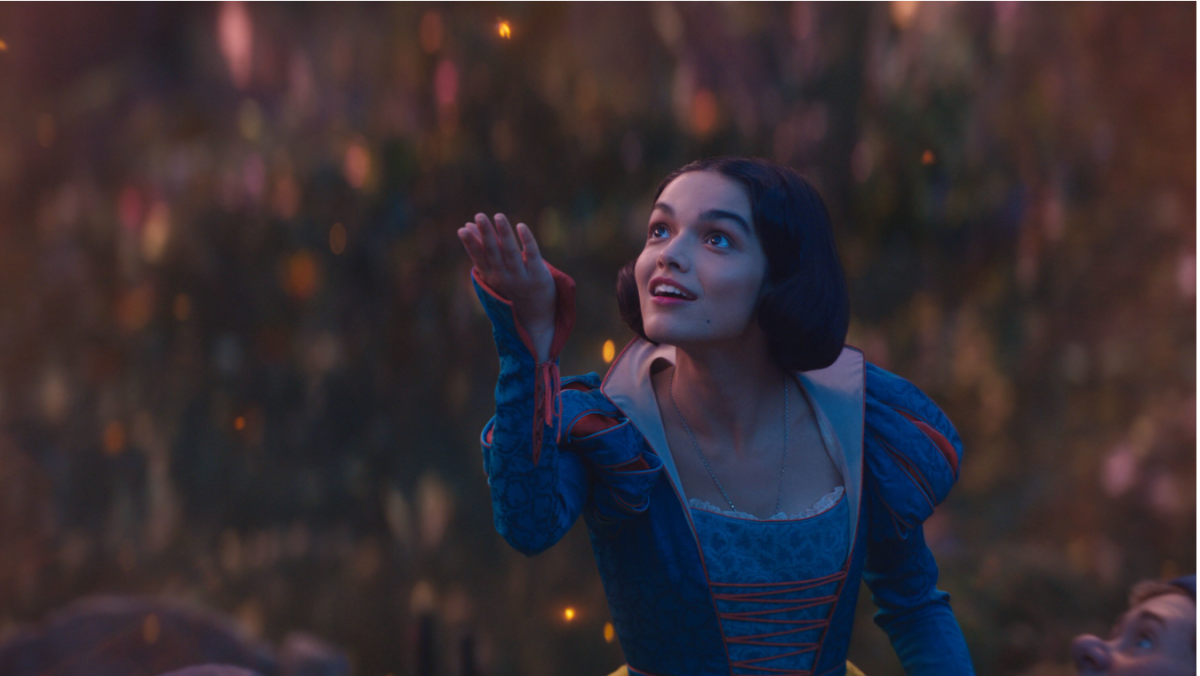By Emme Tran | Junior Editor

Actors with disabilities deserve to be cast as characters with disabilities, as the film industry’s portrayal has been largely inconsistent with its accurate and respectful depiction of these characters when played by able-bodied actors. Not only are actors with disabilities deprived of job opportunities, but the portrayal can be harmful and offensive.
While Hollywood is becoming increasingly diverse, many with disabilities look forward to new, refreshing representation. For instance, R.J. Mitte, who has cerebral palsy, played a character in the show “Breaking Bad” with the same disability. Additionally, Millicent Simmons, who is hard of hearing, played a character with hearing loss in the film series, “A Quiet Place.”
Despite these commendable representations, due some creators perpetuating reprehensible ideologies, any recent progress made is dampened. In the show “Glee,” Kevin McHale, an able-bodied actor, played Artie Abrams, a character who uses a wheelchair due to a severed spinal cord injury. In one of the episodes, several members of the glee club simulate Abrams’ disability with wheelchairs, with Abrams himself encouraging the mocking actions.
Upon its release on Feb. 10, the musical film “Music,” written and directed by singer Sia Furler, has been regarded with disdain due to its depiction of a nonverbal character with autism by Maddie Ziegler, a neurotypical dancer and actress. This casting choice deprived actors with disabilities from a unique opportunity to represent their community in a major film.
According to The Star, nearly 78 percent of characters with disabilities in Hollywood are not played by an actor with the same disability. While some argue that Ziegler was rightfully cast for her skill as a dancer, this suggests that “an autistic person wouldn’t be able to cope in the role of the autistic lead character,” according to a statement made by CommunicationFIRST, the Alliance Against Seclusion and Restraint (AASR), the Autistic Self Advocacy Network (ASAN).
Additionally, the inaccurate representation supports archaic stereotypes. Ziegler’s character, Music, is “portrayed as being unable to grieve” and also “has little to no internal life,” according to CommunicationFIRST. Music is also subjected to prone restraint twice throughout the movie, which, according to the National Autism Association, is hazardous and could lead to death.
By normalizing the dehumanization of a non-verbal person with autism on a large platform, stigma surrounding neurological disabilities are reinforced. This is extremely insensitive towards those with such disabilities or those who have loved ones that are.
In an effort to mitigate problematic representation, productions should consider casting more actors with disabilities for characters with disabilities. Directors should depict disabilities respectfully, sensitively, and accurately according to their respective communities. It is also crucial for creators to consult with professionals to avoid stereotypes and successfully amplify underrepresented voices.
Not only is “Music” nominated for the Golden Globes, but many other films with able-bodied actors and actresses have been nominated or won notable awards for their work while actors with real disabilities are overshadowed. It is not too late for film companies to change—one of the first being NBCUniversal, who recently pledged to audition more actors with disabilities. Through change and speaking up, the disabled community can have accurate representation in mainstream media. Only then can diversity in Hollywood truly exist.






